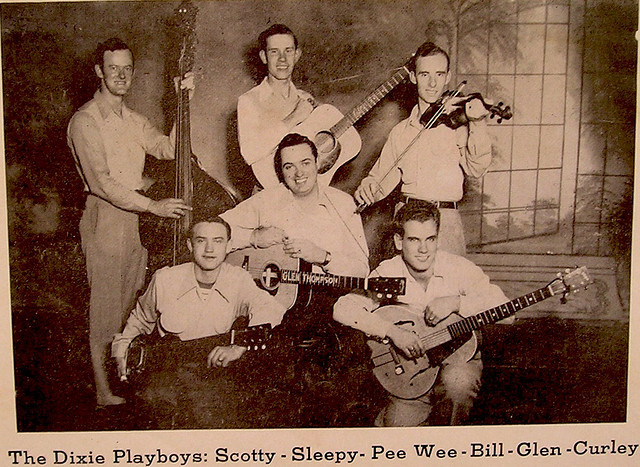Each week in Play in Process, Richard Clark shares what he’s been playing and why it means something to him.
A small group of church people I meet with weekly had a “game-night” earlier this week. The group organizer encouraged us to bring some games. So, I brought Bang!
Bang! is a card game in which you assume a role chosen at random, mafia style: You are a sheriff, a deputy, an outlaw, or a renegade. Depending on your role, you have a particular objective. You want to be the last one standing, survive to the end, kill the sheriff, or kill the outlaws. These roles remain a secret, except for the sheriff. You are also given a particular character with certain special abilities. Once you have assumed your role and character, you proceed to shoot people.
The game is strange: because the sheriff goes first, it almost always starts with the sheriff shooting at some random person. What follows is perhaps the most interesting Wild-West narrative you’ll ever witness:
One day, the sheriff came outside and just started shooting his wife. No one really knew why. He claimed it was because he simply couldn’t reach his friend from such a far distance. His wife, his friend, his other friends, they all started shooting randomly. Meanwhile, they would stand around and discuss the odd lack of clear battle-lines. There were no obvious enemies or heroes. Even the hero was known for cold-blooded killing. Once he took out a howitzer and shot it at the entire town – just because he was bored and had nothing else to do.
Eventually, he managed to kill his own deputy. No one understood why. Least of all, the deputy himself, who had a hard time remaining at peace after death. In fact, after death he made it his mission to haunt the town, whispering rumors of traitors and heroes. It was the ghost of the deputy that ultimately helped the town to start choosing sides. Perhaps it was the perspective of death that made the obvious so much clearer to him, and that made the victory so much more urgent.
One outlaw was tired of living and begged for death. We happily obliged. She died a drunken, sorrowful death.
Just when the battle lines were clear – the remaining two outlaws, the sheriff, the remaining deputy, and the renegade were all unveiled – things got confusing. In a fruitless attempt to convince the sheriff that she had turned good, the outlaw started shooting at another outlaw – only to be gunned down by a deputy. Did I mention that three times, the sheriff lit dynamite and threw it randomly into the saloon? The third time, it took out the renegade.
It was down to the last stand: The outlaw, the sheriff, and his wife, the deputy. This part was predictable and uneventful: They mowed down the outlaw.
To be honest, the game went on far longer than I thought it would, and it was a little bit tough to explain certain parts of the rules. But these guys took it in stride, and infused their own personalities into a Wild West narrative that, even in the height of absurdity, rang true to me – mainly because it was our story. Most of all, it felt like the kind of epic experience we could all look back on and maybe even learn from. I know I learned something: Next time, I should kill that meddling deputy last.















